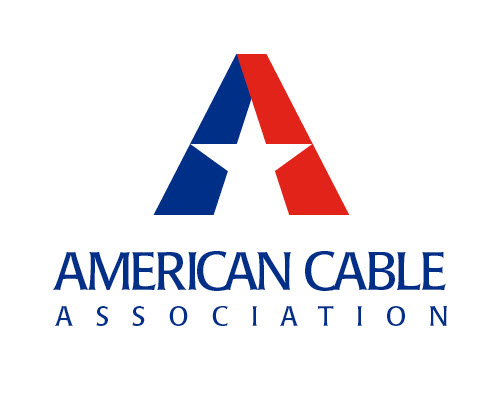ACA: Gray-Raycom Combo Would Increase Consolidation 'Considerably'

The smarter way to stay on top of broadcasting and cable industry. Sign up below
You are now subscribed
Your newsletter sign-up was successful

The American Cable Association wants to make sure that Gray is not allowed to raise the retrans fees of stations before spinning them off to other buyers in its purchase of Raycom's TV stations.
That is according to an ACA filing at the FCC. In a combination of broadcast groups they are billing as creating "the single largest owner of top-rated local television stations and digital assets in the country," Gray in June struck a deal, subject to FCC approval of course, to buy Raycom for $3.6 billion.
Gray will divest stations in nine markets* to comply with FCC local ownership restrictions rather than try to retain some where it could make a case for it. The FCC is allowing ownership of two of the top four-rated stations in a market on a case-by-case basis. Sinclair tried to keep a couple of stations in its Tribune deal, but that likely contributed to the pushback that deal got at the Justice Department and FCC.
ACA did not ask the FCC to block the deal, but it did point to the size of the combined company and said the FCC would have to weigh the benefits of the deal versus the potential harms of that consolidation.
One of those is the after-acquired clauses in TV station retrans agreements with cable operators. In such agreements, a broadcaster requires that if it buys a station getting lower retrans fees from the cable operator, its higher fees will apply.
ACA wants the FCC to make sure that for the stations that are being spun off to new owners, Gray does not structure the deal so that it briefly owns those stations and trigger the higher fee, which the new owner would then get.
"Longstanding Commission precedent states that Gray does not obtain 'control' of a station for purposes of the Communications Act through an 'essentially instantaneous' transaction," ACA told the commission. "Yet this Commission precedent may not stop a dispute from emerging over whether these after-acquired-station clauses apply."
The smarter way to stay on top of broadcasting and cable industry. Sign up below
Or, said ACA, "Gray may take a bolder approach and structure its divestitures to give it ownership and control for longer than such fleeting moment for the purpose of strengthening its case that an after-acquired-station clause was triggered."
"None of that," says ACA: "The Commission should clarify that Gray must not 'acquire' or obtain 'control' of Raycom divestiture stations for all purposes, and specifically prohibit Gray from triggering any after-acquired-station clauses for any acquired stations that it divests voluntarily or by government mandate as part of getting its acquisition of Raycom approved."
As to the overall deal, ACA says that a consolidated Gray-Raycom (124 stations after spin-offs) will considerably increase consolidation, which will increase retrans rates, which will increase the potential harm to consumers, so..."[T]he Commission must weigh the likelihood that Gray’s acquisition of Raycom’s stations will lead to increased retail rates against the asserted benefits of the transaction," adding: "An Order of approval or denial that fails to do so would be arbitrary and capricious," in other words, illegal, and ripe for legal challenge.
*The Raycom stations being sold to third parties are WTNZ Knoxville (Fox), WTOL Toledo (CBS), KXXV Waco (ABC), WTXL Tallahassee (ABC), WFXG (Fox) Augusta, KWES Odessa (NBC), WGPX Panama City (Fox), WDFX Dothan (Fox), and Gray's WSWG Albany (CBS).
Contributing editor John Eggerton has been an editor and/or writer on media regulation, legislation and policy for over four decades, including covering the FCC, FTC, Congress, the major media trade associations, and the federal courts. In addition to Multichannel News and Broadcasting + Cable, his work has appeared in Radio World, TV Technology, TV Fax, This Week in Consumer Electronics, Variety and the Encyclopedia Britannica.

